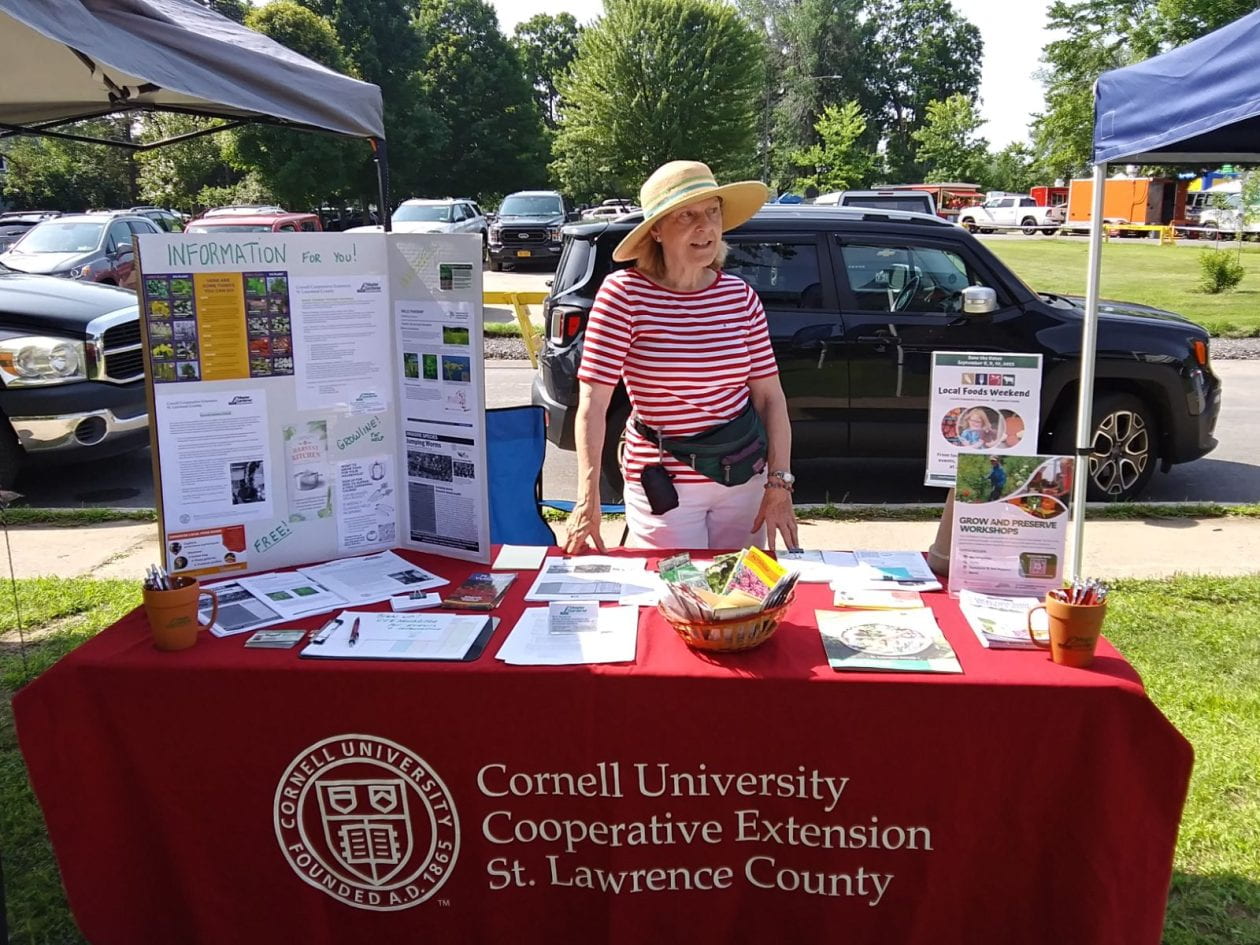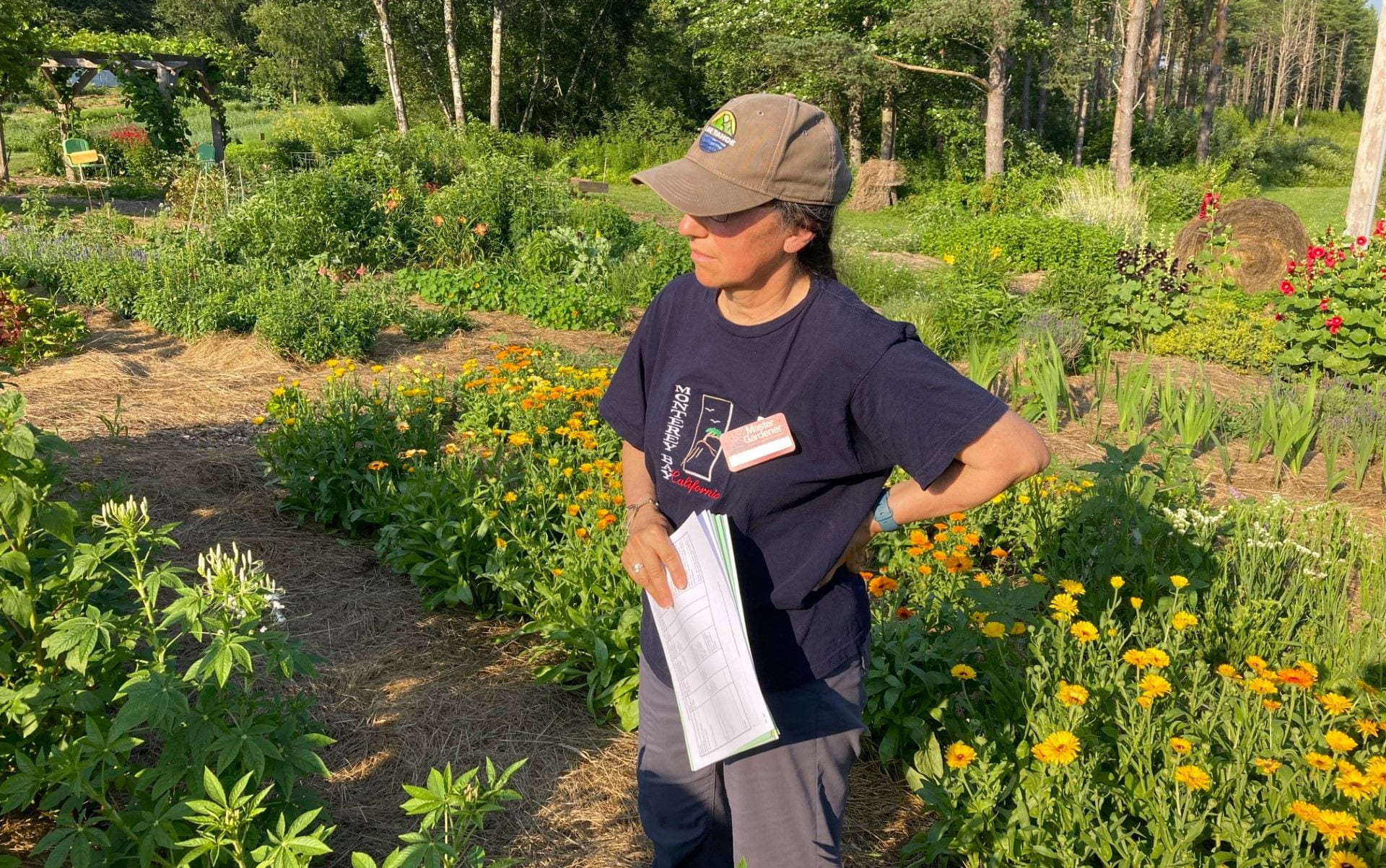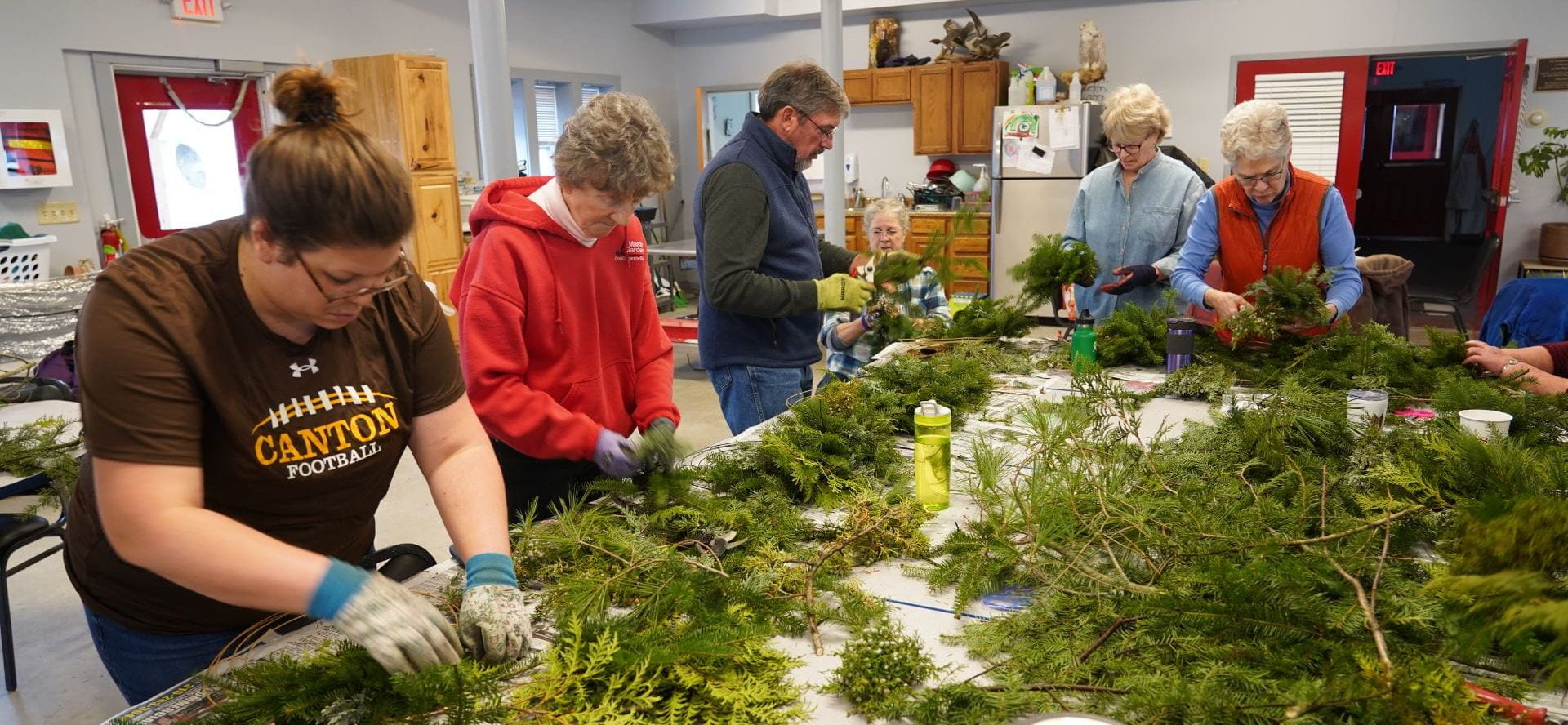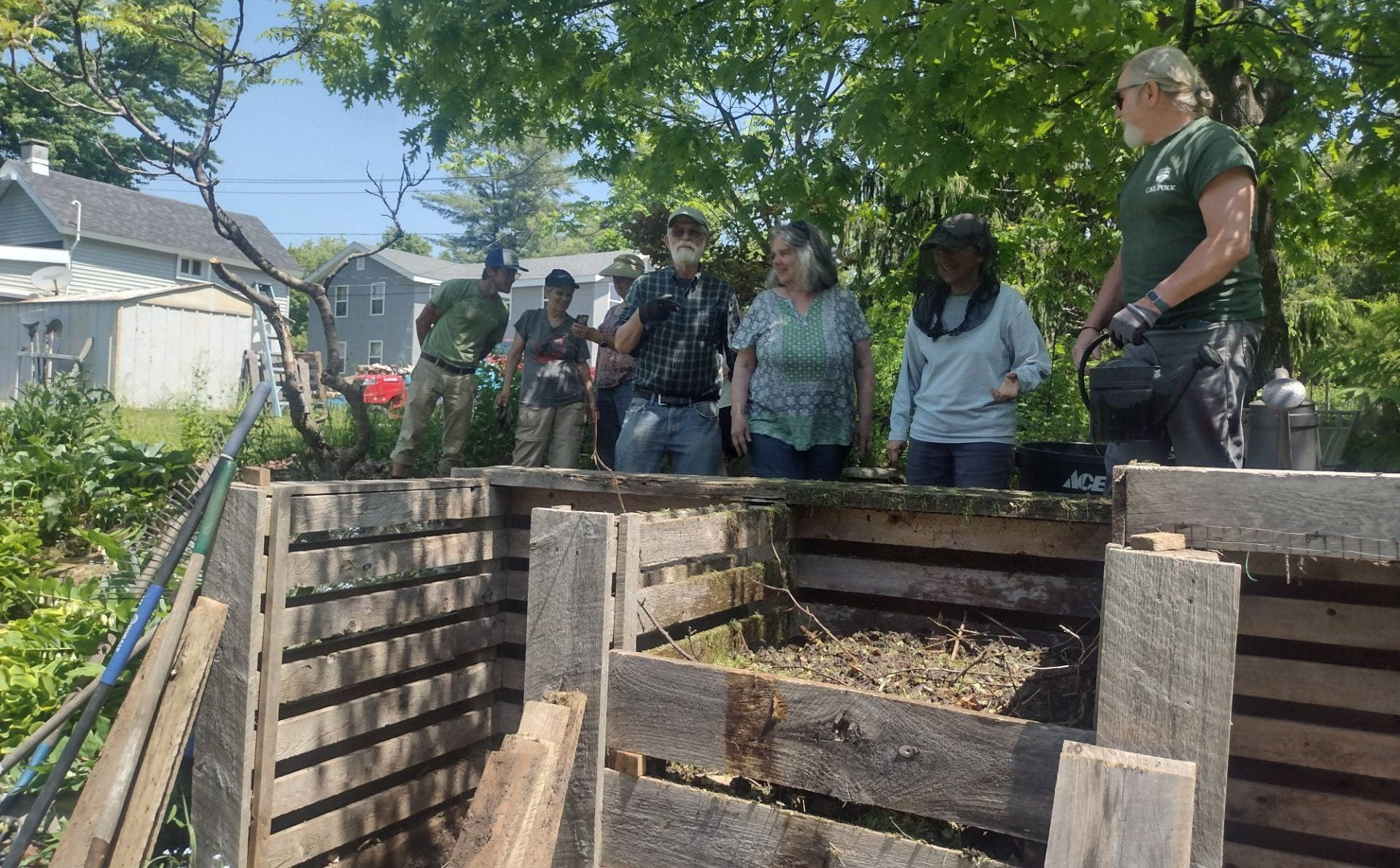So, you spot a used pressure canner at a thrift store. Given the average price of a new pressure canner [around $200.00], that $25.00 price tag looks pretty good, but is the canner safe to use? What should you look for before using an older pressure canner? Extension employee Leslie Swartz recently posed that question to the Master Food Preserver group. Leslie had been gifted with a used Presto pressure canner and asked the group to evaluate it for safety.
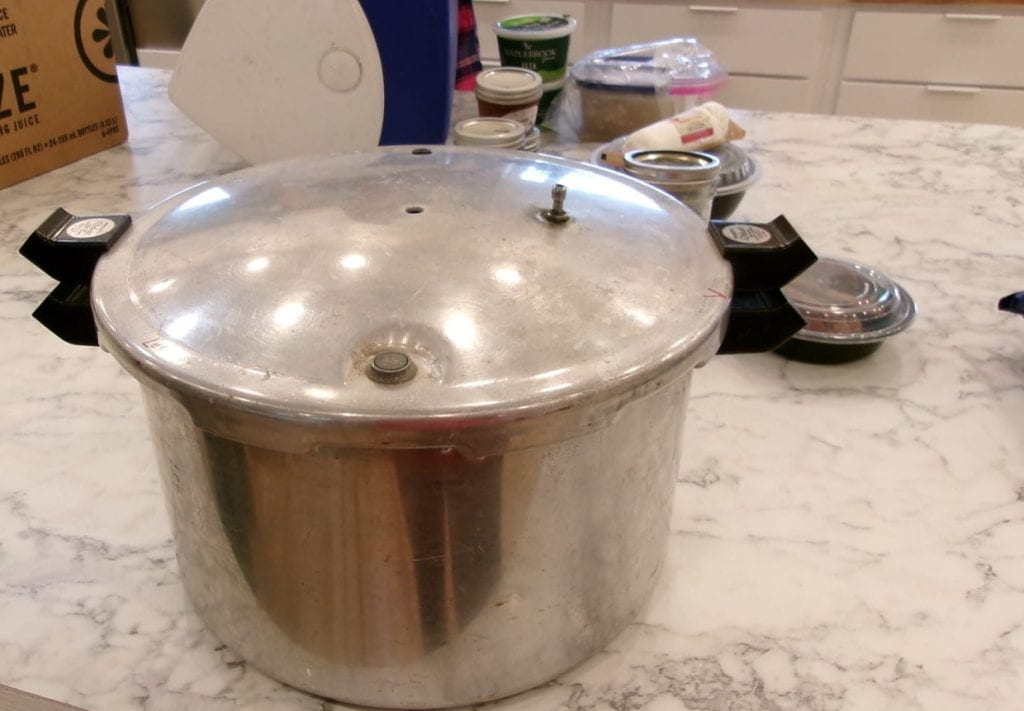
First Things First: When do I use a Pressure Canner?
A boiling water bath canner is fine for processing high acid foods like jams and pickles because molds, yeast, and enzymes are destroyed at temperatures below 212°F [the boiling point]. However, botulism spores can survive a boiling water bath, creeping inside the sealed jars of foods. Pressure canners use—well—pressure to heat the inside of the canner to 240 degrees. Water inside the canner is transformed into steam, which replaces the air in the canner, forcing the air out of jars and preventing bacteria from coming in. [The Cooperative Extension offers hands-on classes in how to use a pressure canner. See the Extension’s Events schedule.]
The Parts
The first thing the group asked was to see the canner’s user manual. We found the model number stamped into the side of the body and found the user manual online. The diagram below is an excerpt from How to Use and Care for Your Presto® Pressure Canner. Considering the critical functions of the various parts during the canning process, the group checked each part to see that it was in usable and working condition.
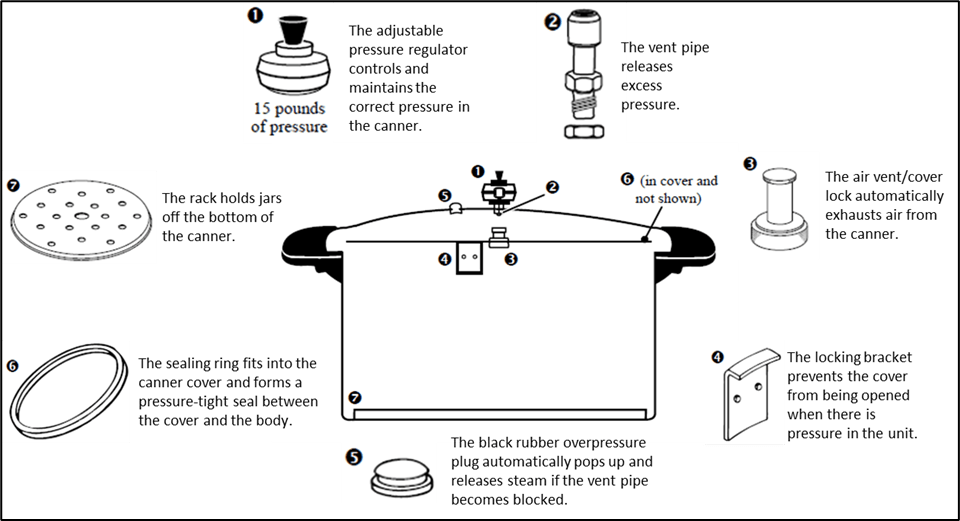
First Impressions
One MFP suggested checking the bottom of the canner body to see if it was perfectly flat because a warped canner bottom will prevent the canner from heating evenly. Our canner did not rock on a flat surface; its bottom was flat. Read more Is My Old Pressure Canner Safe to Use?

